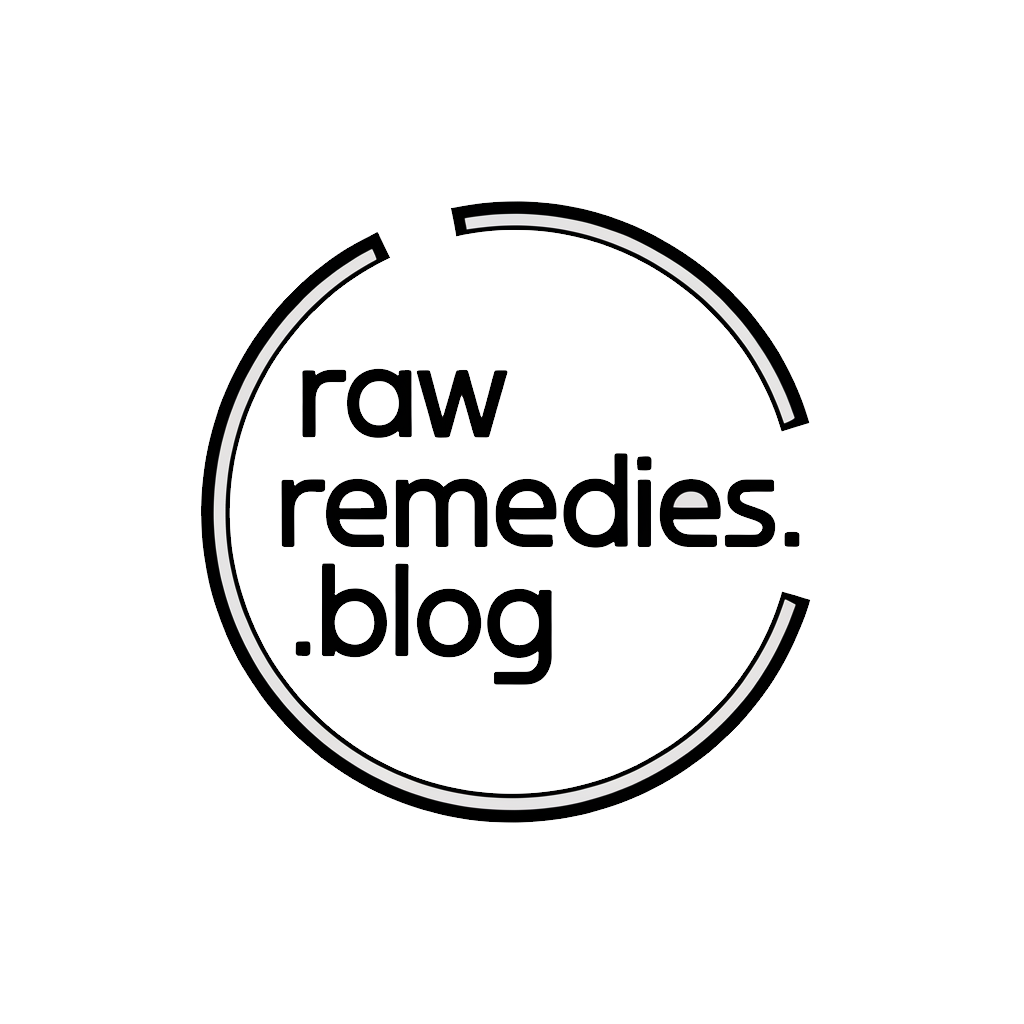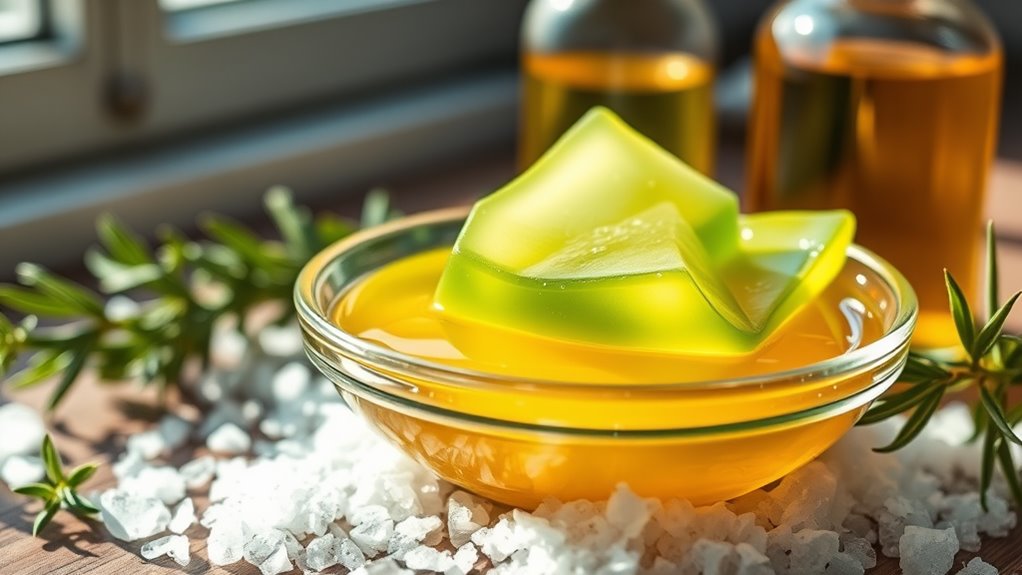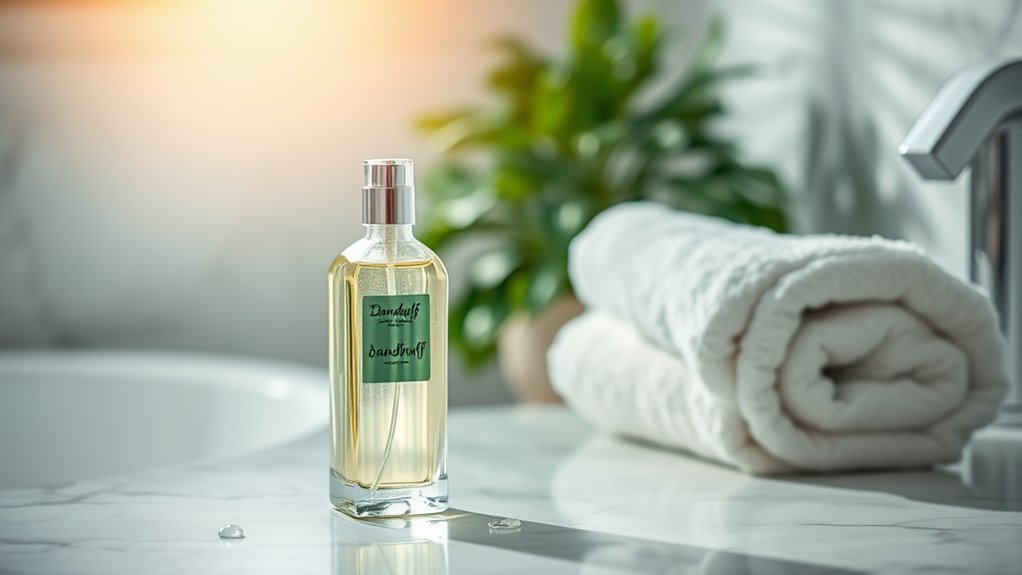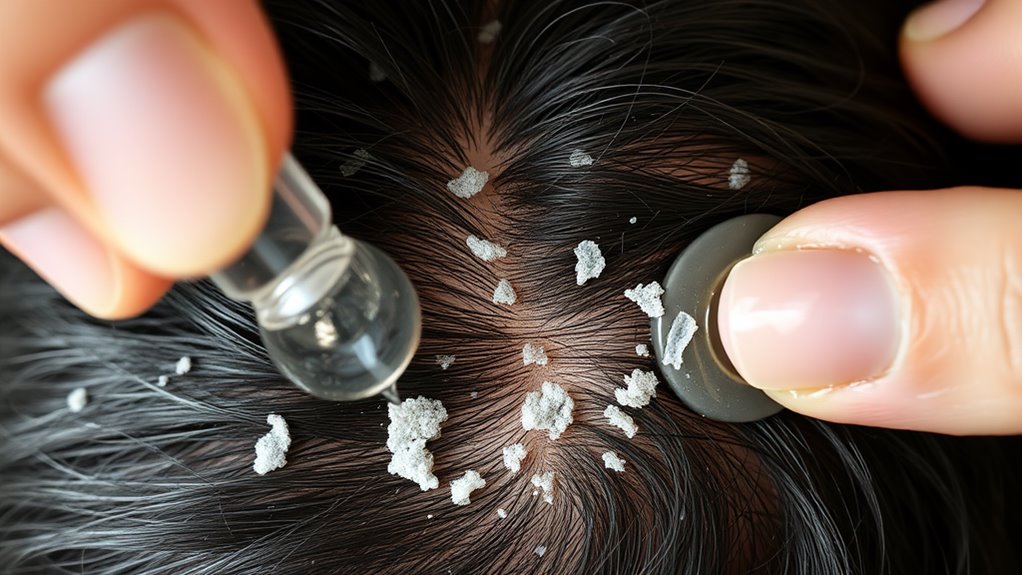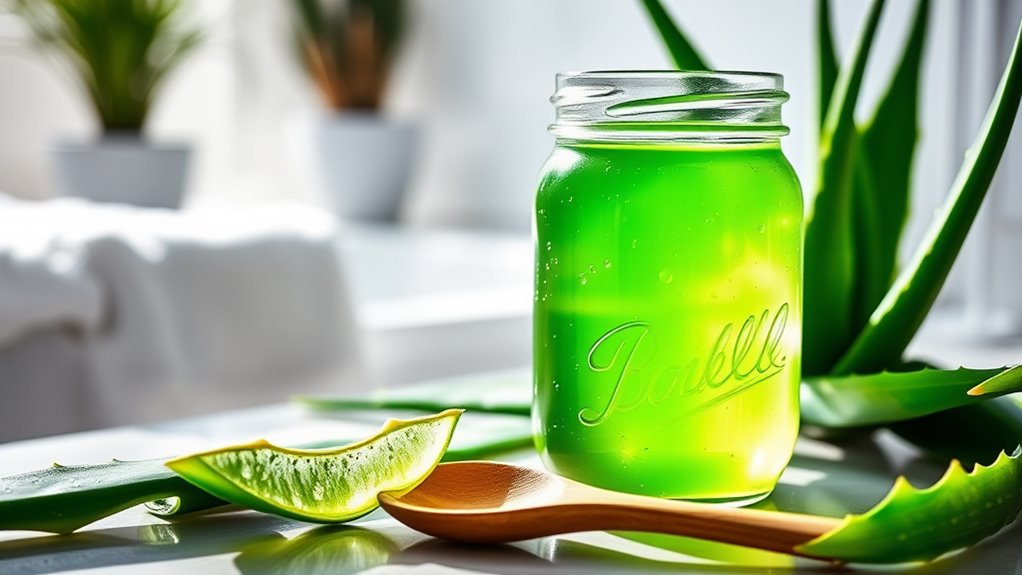Flakes Be Gone! Try This Simple Home Dandruff Cure
To combat dandruff effectively, consider using natural remedies. Ingredients like tea tree oil and apple cider vinegar can reduce yeast overgrowth and restore your scalp’s pH balance. A simple DIY treatment is mixing equal parts sugar and olive oil into a scrub to exfoliate. Be sure to massage the treatment into your scalp and allow it to sit for a few minutes before rinsing. By exploring various techniques, you can discover the best solution for your dandruff issue.
Understanding Dandruff: Causes and Symptoms
Dandruff is a common scalp condition characterized by the flaking of skin, which can be both embarrassing and uncomfortable. It often arises from an overgrowth of yeast on the scalp, sensitivity to hair products, or dry skin. Symptoms include white or yellowish flakes on your shoulders and an itchy scalp. While many turn to commercial shampoos, exploring a natural dandruff treatment can be effective. Ingredients like tea tree oil, apple cider vinegar, and aloe vera may help soothe irritation and restore balance. Identifying your specific triggers is crucial to managing and alleviating the symptoms effectively. Additionally, natural remedies such as coconut oil and baking soda can also provide relief from dandruff.
The Benefits of Natural Remedies
Natural remedies for dandruff offer cost-effective solutions that won’t strain your budget. They’re also gentle on your skin, reducing the risk of irritation often associated with harsh chemical treatments. Additionally, using these remedies contributes to a more sustainable environment, as they typically involve fewer synthetic ingredients. Many of these remedies utilize common household ingredients, making them easily accessible for anyone looking to improve their scalp health.
Cost-Effective Solutions
Finding effective and affordable solutions for dandruff relief is crucial for many individuals seeking healthier scalp conditions.
Natural remedies like tea tree oil, apple cider vinegar, and coconut oil not only combat dandruff but also save you money compared to commercial products.
Studies show that tea tree oil possesses antifungal properties, effectively reducing Malassezia yeast, a common dandruff trigger.
Apple cider vinegar balances scalp pH, while coconut oil moisturizes and soothes irritation.
These remedies offer cost-effective options without compromising efficacy, allowing you to maintain a healthy scalp without breaking the bank.
Embracing these solutions can enhance your scalp health sustainably.
Gentle on Skin
Many individuals suffer from scalp sensitivity, making it vital to choose remedies that are gentle on the skin.
Natural remedies provide several benefits, ensuring you care for your scalp without irritation.
Here are four advantages:
- Fewer Chemicals: Natural ingredients typically contain fewer harsh chemicals, reducing the risk of allergic reactions.
- Soothing Properties: Many natural remedies, like aloe vera, have anti-inflammatory effects that calm scalp irritation.
- Moisturization: Ingredients like coconut oil help maintain scalp hydration, preventing dryness.
- Nutrient-Rich: Natural solutions often provide vitamins and minerals that strengthen hair follicles for healthier hair growth.
Environmental Benefits
Have you considered how the remedies you choose can impact the environment?
Natural remedies for dandruff often rely on biodegradable ingredients, reducing pollution and waste compared to chemical-laden products.
By opting for plant-based solutions, you minimize harmful runoff into water systems, promoting ecosystem health.
Additionally, many natural ingredients can be sustainably sourced, ensuring that you support ethical farming practices.
This shift not only benefits your scalp but also encourages a healthier planet.
When you prioritize eco-friendly alternatives, you’re making a conscious choice that aligns personal care with environmental stewardship, fostering both your well-being and that of the Earth.
Key Ingredients for Your Dandruff Cure
A variety of key ingredients can significantly enhance the effectiveness of your dandruff cure.
These components target the underlying causes of dandruff, providing relief and promoting scalp health.
Consider incorporating the following:
- Tea Tree Oil: Known for its antifungal properties, it helps reduce scalp irritation and flaking.
- Aloe Vera: Its soothing qualities alleviate itching while moisturizing the scalp.
- Apple Cider Vinegar: This ingredient balances scalp pH and can eliminate yeast overgrowth.
- Salicylic Acid: A keratolytic agent that aids in exfoliating dead skin cells, preventing buildup.
Utilizing these ingredients can yield significant improvements in your dandruff condition. Additionally, aloe vera gel has been shown to be an effective overnight treatment for eliminating dandruff due to its anti-fungal properties.
DIY Dandruff Treatment Recipes
Wondering how to tackle dandruff effectively at home? You can create simple, effective DIY treatments using common ingredients. For a soothing scalp scrub, mix equal parts sugar and olive oil; this exfoliates the scalp and moisturizes. Alternatively, combine apple cider vinegar with water in a 1:1 ratio; its acidity helps restore scalp pH and reduce fungal growth. Another option is a yogurt and honey mask, which provides hydration and has antifungal properties. Each recipe targets dandruff’s root causes, promoting a healthier scalp environment. Additionally, common household ingredients can be surprisingly effective in treating dandruff. Experiment to find what works best for you and say goodbye to those pesky flakes!
Application Techniques for Best Results
Applying your DIY dandruff treatments correctly is key to maximizing their effectiveness.
Follow these application techniques for optimal results:
- Preparation: Start with clean, dry hair to ensure better absorption of the treatment.
- Sectioning: Divide your hair into manageable sections for even distribution.
- Application: Use your fingertips to gently massage the treatment into your scalp, which promotes blood circulation and enhances efficacy.
- Timing: Allow the treatment to sit for the recommended duration, as this ensures the active ingredients work effectively. Additionally, incorporating an apple cider vinegar rinse can help balance scalp pH and reduce flakiness.
Tips for Maintaining a Healthy Scalp
How can you ensure your scalp remains healthy and free from dandruff?
Start by using a gentle, sulfate-free shampoo to maintain your scalp’s natural oils. Regularly exfoliating your scalp can help remove dead skin cells and product buildup.
Incorporate a balanced diet rich in omega-3 fatty acids, vitamins B and E, and zinc, as these nutrients support scalp health.
Stay hydrated and manage stress, as both can exacerbate dandruff. Additionally, consider using a homemade anti-dandruff remedy that utilizes common kitchen ingredients to effectively combat flakes.
Lastly, avoid excessive heat styling and tight hairstyles that can irritate the scalp. Consistently following these practices will help you achieve a healthier, flake-free scalp.
When to Seek Professional Help
If you’re experiencing persistent flaking issues despite home treatments, it’s time to consult a professional. Severe itching or discomfort, along with scalp redness or swelling, may signal an underlying condition that requires medical attention. Addressing these symptoms early can prevent further complications and ensure effective treatment. Additionally, seeking guidance from a healthcare professional can help promote natural skin health and provide tailored solutions for your specific needs.
Persistent Flaking Issues
Are you struggling with persistent dandruff flaking despite trying various over-the-counter treatments?
It might be time to consult a professional.
Consider seeking help if you experience:
- Flakes that persist for more than a month.
- Symptoms worsening despite treatment.
- Flaking accompanied by redness or swelling.
- Hair loss occurring alongside dandruff.
These signs may indicate underlying conditions such as seborrheic dermatitis or psoriasis, requiring specialized care.
A dermatologist can provide tailored treatment options based on a thorough assessment, ensuring you receive the appropriate intervention for your persistent flaking issues.
Don’t hesitate to seek professional advice for effective management.
Severe Itching or Discomfort
When severe itching or discomfort accompanies your dandruff, it’s crucial to assess the situation and consider seeking professional help.
Persistent itching may indicate an underlying condition, such as seborrheic dermatitis or psoriasis, which requires targeted treatment.
If over-the-counter shampoos aren’t effective after a few weeks, consult a dermatologist.
They can evaluate your symptoms, recommend medicated shampoos, or prescribe topical corticosteroids to alleviate inflammation.
Additionally, if your discomfort interferes with daily activities or affects your quality of life, don’t hesitate to reach out for assistance.
Early intervention often leads to better outcomes and relief from bothersome symptoms.
Scalp Redness or Swelling
Have you noticed redness or swelling on your scalp along with your dandruff?
These symptoms may indicate an underlying condition requiring professional evaluation.
Seek help if you experience:
- Persistent Redness: If the redness doesn’t improve with home treatments.
- Inflammation: Swelling that feels warm or painful.
- Scaling or Crusting: Excessive flaking or crust formation.
- Hair Loss: Noticeable thinning or patches of hair loss.
Prompt attention from a dermatologist can prevent further complications and provide targeted treatment options.
Don’t ignore these signs; your scalp health is essential for overall well-being.
